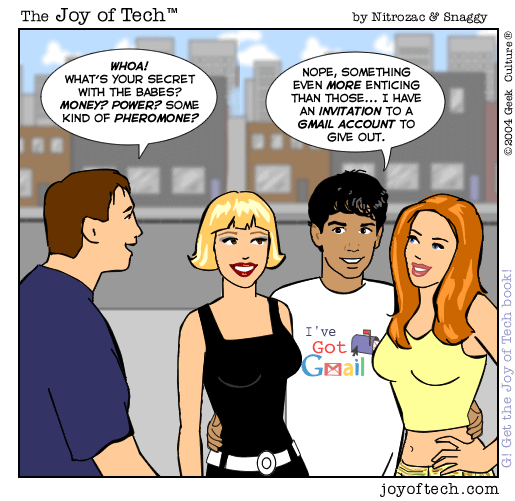I wish I had the time to do a proper write-up of the NotCon session I attended featuring Brewster Kahle, the man behind the Internet Archive whose mission is nothing less than to provide universal access to all human knowledge. Here is some stuff I noted instead.
Some interesting factoids from his presentation:
* There are 150,000 people using the Internet Archive per day. It stores 3-400Tb of data and recently upgraded to 1Gbps bandwidth.
* There were 300,000 to 600,000 scrolls in the Library at Alexandria. Only around eight of them are left.
* You can store the contents of the Library of Congress as plaintext (if you had scanned it all) on a machine costing $60,000.
* The bookmobile he produced that is connected to the Internet via satellite, travels the world and produces complete bound books from a collection of 20,000 public domain works cost just $15,000 – and that includes the van itself.
* He says that it costs him $1 to print and bind a public domain book – I assumed the books produced would be very rough and ready but he brought some along and they were almost as good as the kind you’d buy in a shop. I suspect he may be stretching the truth a bit – I believe the $1 a book cost he quotes is for an 100 page black and white printed booklet. It’s still impressive though especially as:
* He notes it costs US libraries $2 to issue a book. He suggests they could give people copies of public domain books for $1 instead and pay another $1 to the author to compensate them.
Like many geniuses he just doesn’t know when to stop and thankfully he has a private income from a dotcom or two he was involved with that enables him to try out lots of projects. Aside from archiving the web, movies, books and music he’s:
* taking the US to court to try to get their boneheaded copyright laws changed
* working on mirrors of his San Francisco-based archive in Alexandria and Amsterdam (hosted there by XS4all)
* encouraging anyone to upload anything to his archive (copyright permitting) offering unlimited bandwidth indefinitely (though the site doesn’t make it very easy to figure out how you are supposed to take advantage of this generous offer) including performance recordings of bands that have given their permission.
* Trying to collect and save old software (he got special dispensation from the US copyright office to do this for the next three years but can’t make it available). He does want your old software however so if you’ve got some he would like you to send it to him – in physical form with manuals where available. He’s even
* Trying to provide fast, free wifi across all of San Francisco.
He’s so hyperactive my fingers get sore just typing in all of the projects he is involved with! I worry that he’s taking on too much and that some of it may fall by the wayside if something happens to him. But his enthusiasm and his optimism are infectious. I am pleased to have been able to shake his hand.
P.S. Ironically, I recorded his presentation and have it in MP3 format but because it was 21Mb I can’t serve it myself and so far nobody has stepped forward to host the file. I finally found how to upload it but then discovered I deleted the original file once I passed it on to someone else to upload! So I hope someone still has them – if it does get posted I’ll tell you where.

